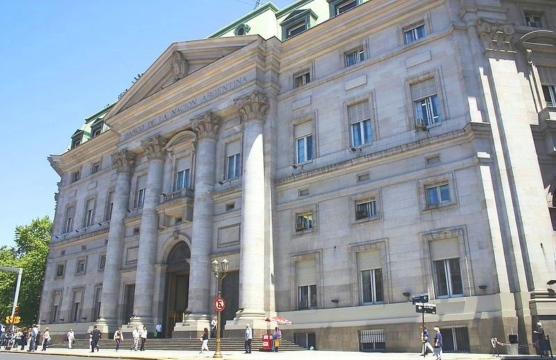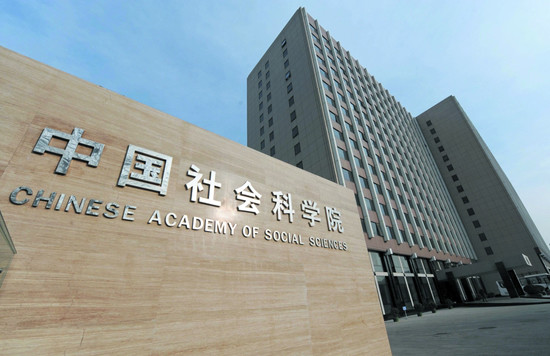China’s Appetite for Risk in Venezuela
Venezuelan president Nicolas Maduro left China last month with a supposed show of support from the Chinese government.
China is an increasingly important economic partner for Latin America. Although the Chinese economy has slowed somewhat in recent years, trade and investment in LAC are on the rise. Chinese President Xi Jinping announced at this week’s China-CELAC Form that he expects to scale up China-LAC trade to $500 billion by the end of the decade. China also expects to accumulate about $250 billion in investment stock in region in the coming years. This is certainly feasible, especially if we are counting Chinese finance to LAC countries and firms – which has totaled more than $100 billion since 2005 – and China’s continued focus on high-tech exports and large mergers and acquisitions in the extractive and agricultural sectors.
Though a critical economic partner for many LAC nations, China is an especially important source of financial support (a lifeline, even) to Venezuela and Ecuador. These two countries are among the top recipients of Chinese finance, with Venezuela having received upwards of $50 billion in Chinese lending since 2005. It comes as no surprise, then, that Maduro and Correa headed to Beijing this week, in the midst of falling oil prices. Correa’s trip paid off, at least. The Ecuadorian president appears to have secured a sizeable loan for his country. Maduro emerged with a curious announcement of $50 billion in investment from China over the next ten years. China has been known to offer major lines of credit to Venezuela – many of them oil-backed — but the investment announcement is an odd one, and likely deserving of some scrutiny. Chinese patience with Venezuela has waned in recent years.
Despite the considerable attention that the China-CELAC Forum has received this week, it is not a game changer for China-LAC relations – or at least not yet. The Forum is instead the result of China’s sustained interest over the past decade in devising a means by which to address the region as a whole. China has already done so very successfully in Africa, by means of FOCAC. China also maintains a Caribbean-based forum, which includes those Caribbean countries that are not diplomatically affiliated with Taiwan.
These regional forums are becoming a fixture of Chinese foreign policy. Chinese diplomats have indeed sought other means by which to engage on a regional basis – through ECLAC, the OAS, and the IDB, for example. But CELAC has been China’s best bet in Latin America. The absence of the US and Canada in CELAC has proven rather convenient considering that China prefers to engage the region directly and on its own terms.
At this point, though, the Forum is still rather symbolic. It is demonstrative of China’s growing importance in the region, and of China’s commitment to a sustained presence in Latin America. And while it might result in some effective technical exchange and some sub-regional infrastructure arrangements, it will not fundamentally change the China-Latin America economic dynamic.
Instead, China-LAC relations in the coming years will continue shaped by China’s domestic demand, as it has been for more than a decade. The region’s commodities and export markets still drive the economic relationship. And in that sense, the China-LAC dynamic is still largely influenced by the tenets of the ‘going-out’ strategy, with diplomatic overtures (including the China-CELAC forum) supporting key economic objectives.
The relationship will also be increasingly shaped by China’s progress toward implementing critical economic reforms. LAC is an important destination as China attempts to invest and diversify existing reserves. Recent reform-minded changes to overseas investment policy are already opening the door for more in the way of overseas deal-making. And plans to support the country’s private enterprises (as opposed to large, state-owned ones) could change somewhat the makeup of Chinese investors in the region.
Venezuelan president Nicolas Maduro left China last month with a supposed show of support from the Chinese government.
The Fernández administration’s refusal to comply with a US court order to pay holdout hedge funds has once again landed Argentina in default.
Who in China is advising on energy engagement with Latin America?

